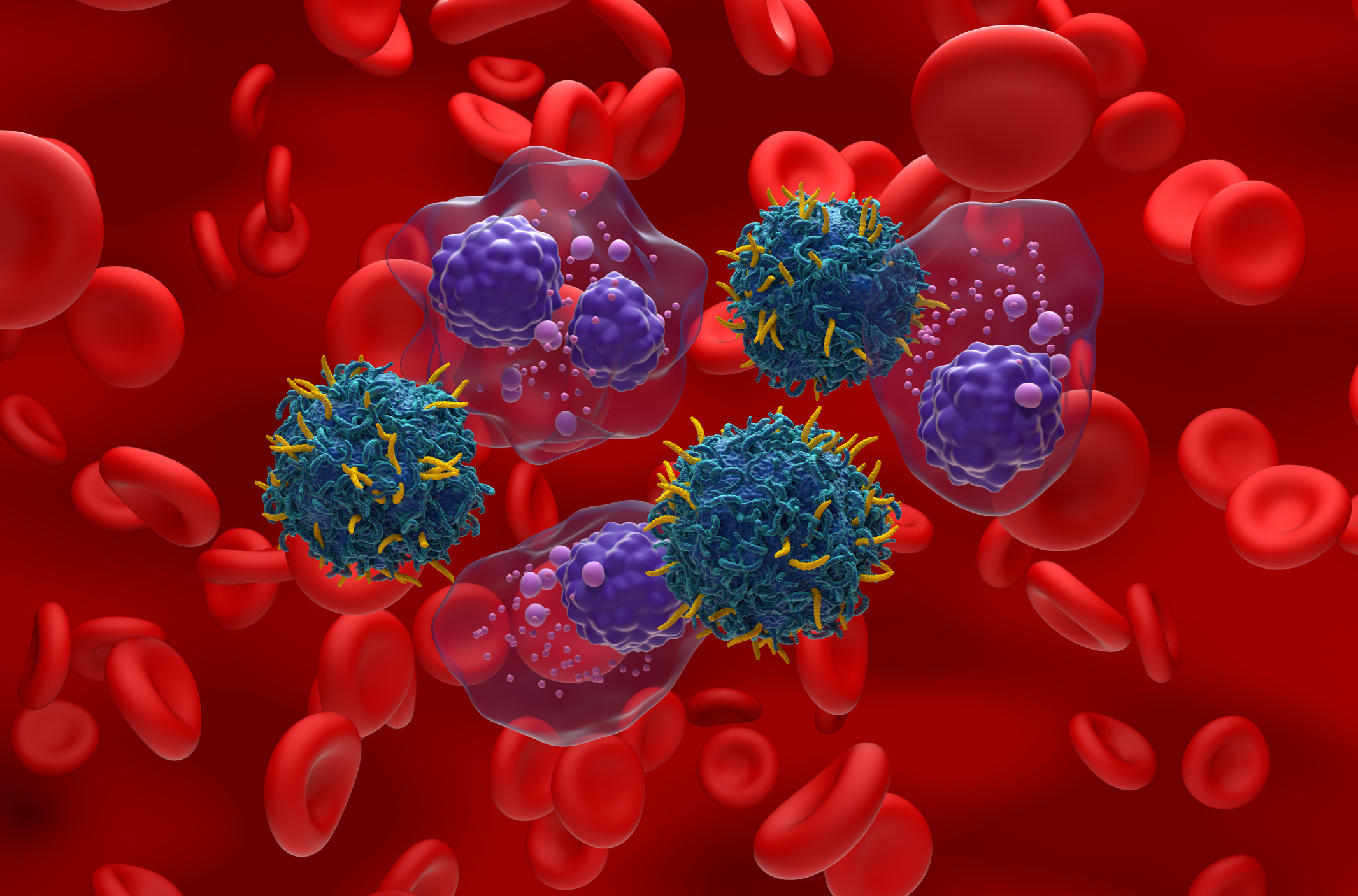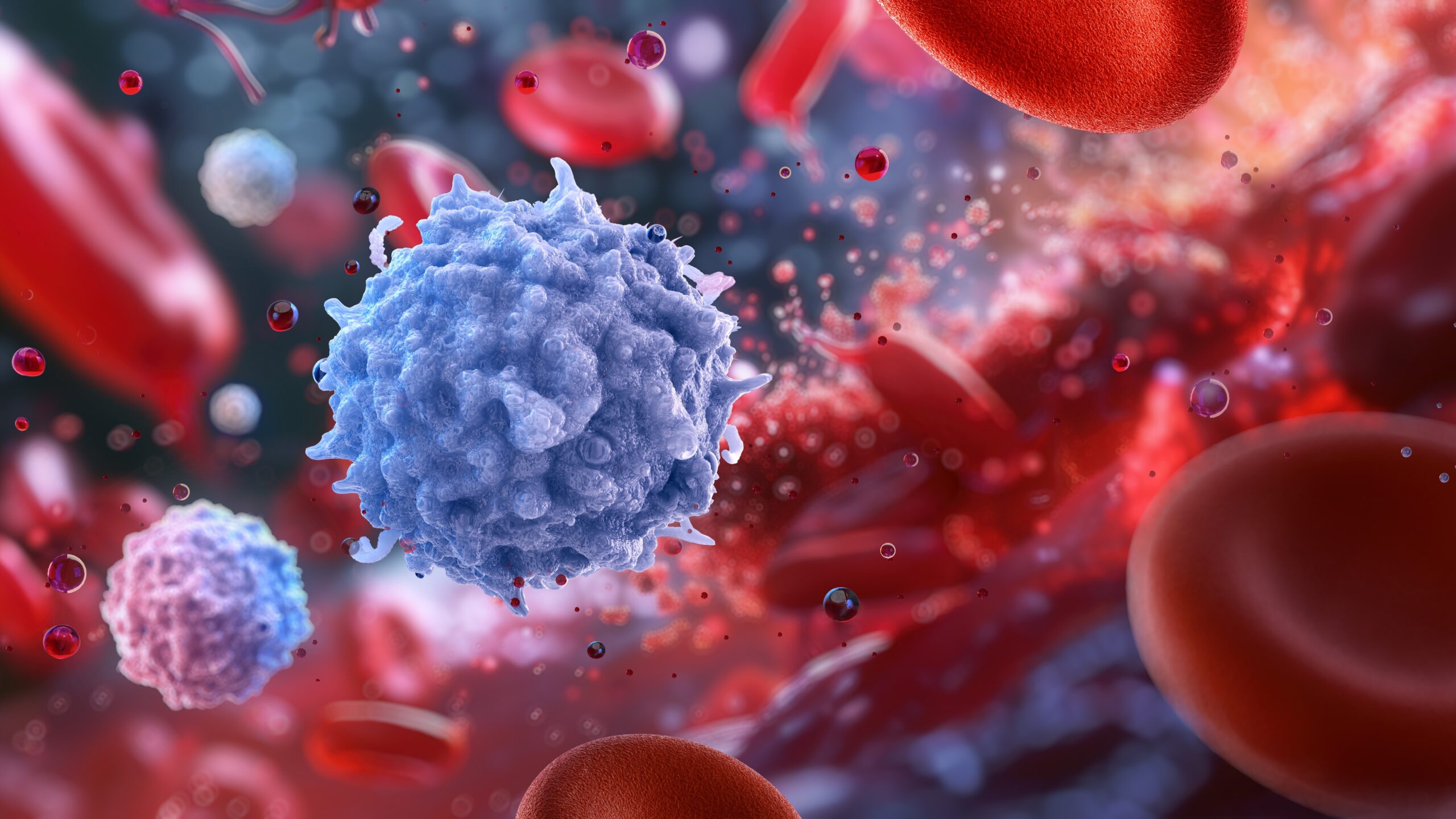
A study published in BMC Medicine evaluated physical and mental health-related outcomes in patients with multiple myeloma (MM) compared with patients without cancer.
For this study, the investigators utilized questionnaire data from an Australian population-based cohort of 267153 patients, of whom 22505 were cancer survivors. Assessment outcomes included physical functional limitations (disability), psychological distress, and overall quality of life (QOL) in patients with and without cancer, across 13 cancer types including MM.
Cancer survivors had an overall higher risk of disability compared with participants without cancer (20.6% vs. 12.6%), as well as higher rates of psychological distress and lower QOL.
Compared with individuals without cancer, patients with MM had higher rates of disability (prevalence ratio [PR], 3.10; range, 2.56-3.77), with almost half of patients reporting physical impairments. Psychological distress was also higher among patients with MM (PR, 1.53; range, 1.20-1.96). These patients were also more likely to report poor or fair QOL compared with patients without cancer (PR, 2.53; range, 2.21-2.91) and most likely of all the cancer types to have received treatment within one month of the survey.
Overall, patients with MM and lung cancer had worse patient-recorded outcomes compared with those with other hematological malignancies, as well as cancers of the esophagus, uterus, bladder, thyroid, and kidney.
“The potential reasons for poor outcomes for some cancers include lower cure rate … higher toxicity of treatment (such as bone marrow transplant commonly used in MM) and higher prevalence of comorbid disease as in lung cancer and MM,” the study authors wrote.






 © 2025 Mashup Media, LLC, a Formedics Property. All Rights Reserved.
© 2025 Mashup Media, LLC, a Formedics Property. All Rights Reserved.